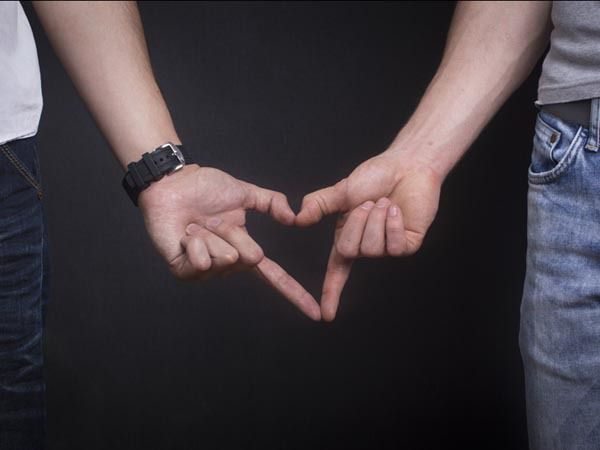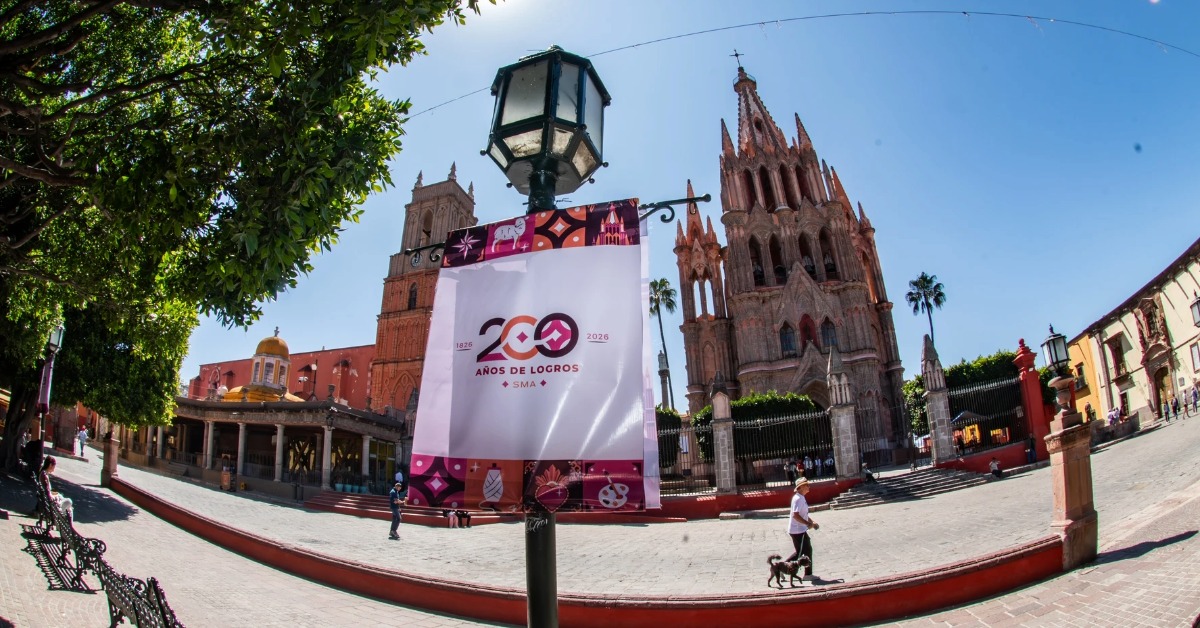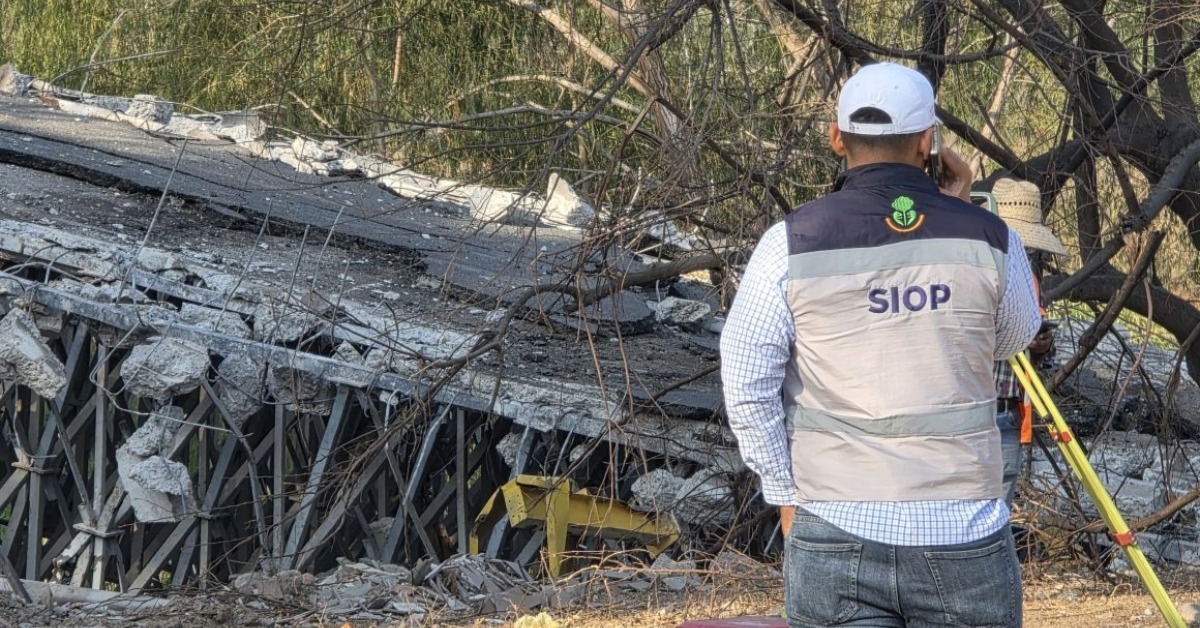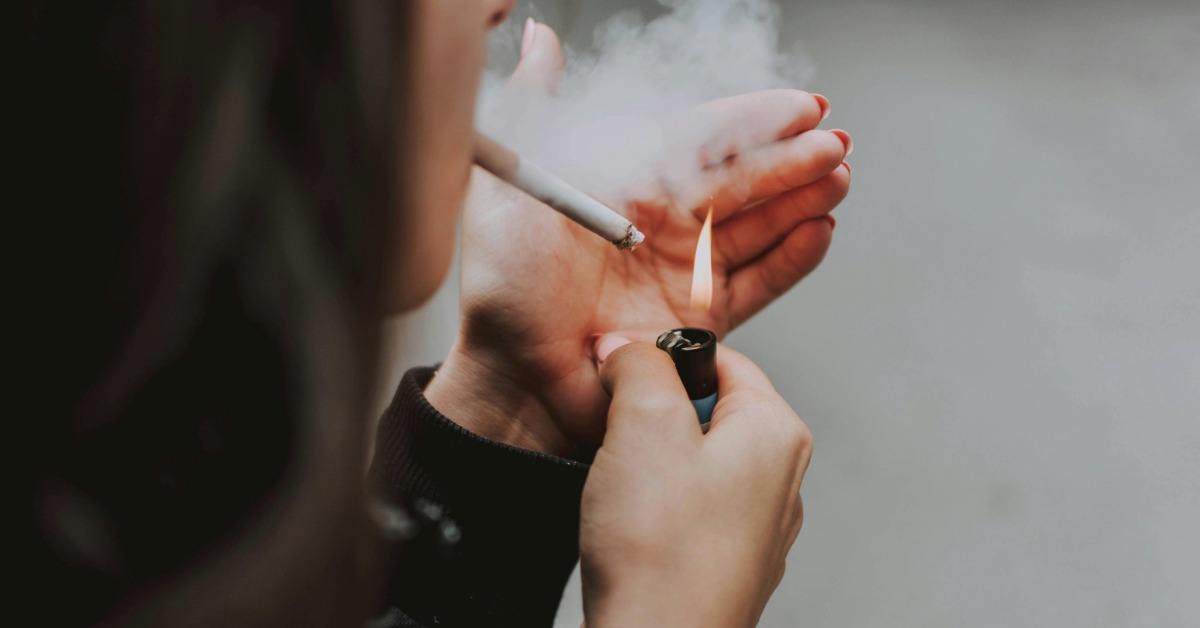The tragic mass shooting at the gay nightclub Pulse in Orlando has sparked renewed interest in the causes of homophobia.
While the exact motives of the shooter, Omar Mateen, remain unclear, a portrait has emerged of someone conflicted about his religion and sexuality – a man who was married twice but who many claimed also . . .






